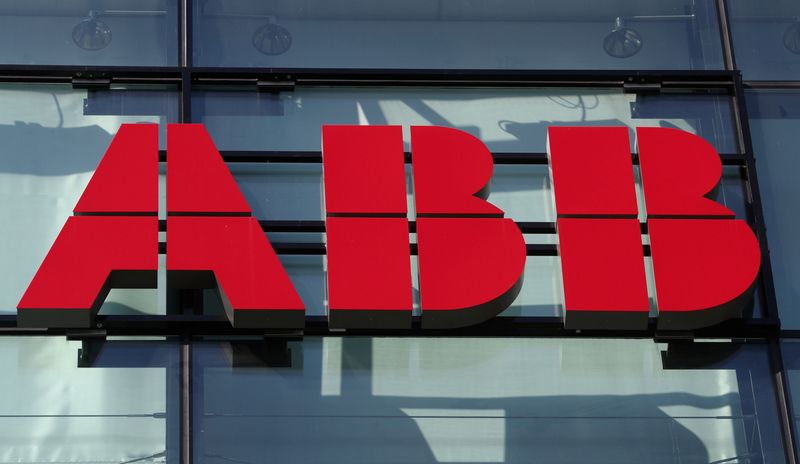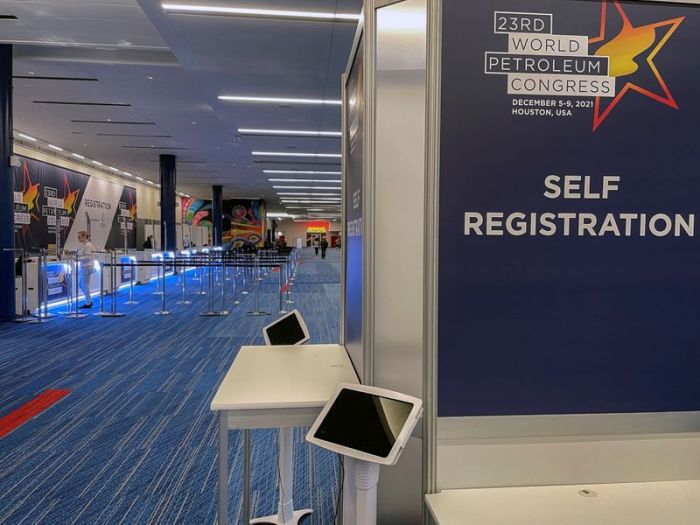By John Revill
ZURICH (Reuters) -ABB unveiled higher sales and profitability targets on Tuesday as the Swiss engineering company expects to benefit from higher demand from rebounding economies and trends such as decarbonisation and shrinking workforces.
The maker of industrial automation and factory robots expects annual sales to increase in a range between 4% and 7% over the economic cycle, up from the 3% to 5% annual growth rate it previously targeted.
In the new goals, announced ahead of its capital markets day on Tuesday, ABB also raised its profitability target from 2023.
Still, the new goals failed to appease Cevian Capital, the activist investor which previously campaigned for the separation of ABB’s power grids business, and which recently said ABB should further streamline its operations.
ABB said it was well placed to benefit from trends like the demand for increased energy efficiency, and rising labour costs and shrinking working age populations were also driving demand for industrial automation and robots.
“Our technology leadership in electrification and automation, aligned with sustainability and the global megatrends … gives us a competitive edge,” said Chief Executive Bjorn Rosengren.
ABB also sharpened its goal for profit margin as measured in operational earnings before interest, tax, and amortisation (EBITA) to “at least” 15% from its previous goal of 13% to 16%. During pandemic-hit 2020, ABB posted a margin of 11.1%.
ABB shares finished the day 1% higher.
ABB also said it would float its E-mobility electric vehicle charging business, with an initial public offering planned for Switzerland in the first half of 2022.
Reuters previously reported the business could be valued at around $3 billion.
CEO Rosengren said ABB had made progress implementing his plan to decentralise the company’s sprawling operations, but could still do more.
“Over the last 24 months, ABB has made solid progress in implementing its decentralised organisation and improving quality of revenues,” the former Sandvik CEO said in a statement. “But we are still not where we want to be.”
Cevian, ABB’s third biggest shareholder with a 5.16% stake according to Refinitiv data, was not satisfied.
“We see significantly greater potential in ABB beyond the company’s new stated targets,” said Cevian managing partner Christer Gardell.
“We see no reason why ABB should not perform at least in line with its main competitor, Schneider – which has an organic growth target of more than 5% and a margin target of 18-19%, and expect ABB to close the significant valuation gap to its more focused competitors,” Gardell added.
ABB declined to comment on Gardell’s statement.
(Editing by Brenna Hughes Neghaiwi, Jacqueline Wong and Keith Weir)
























